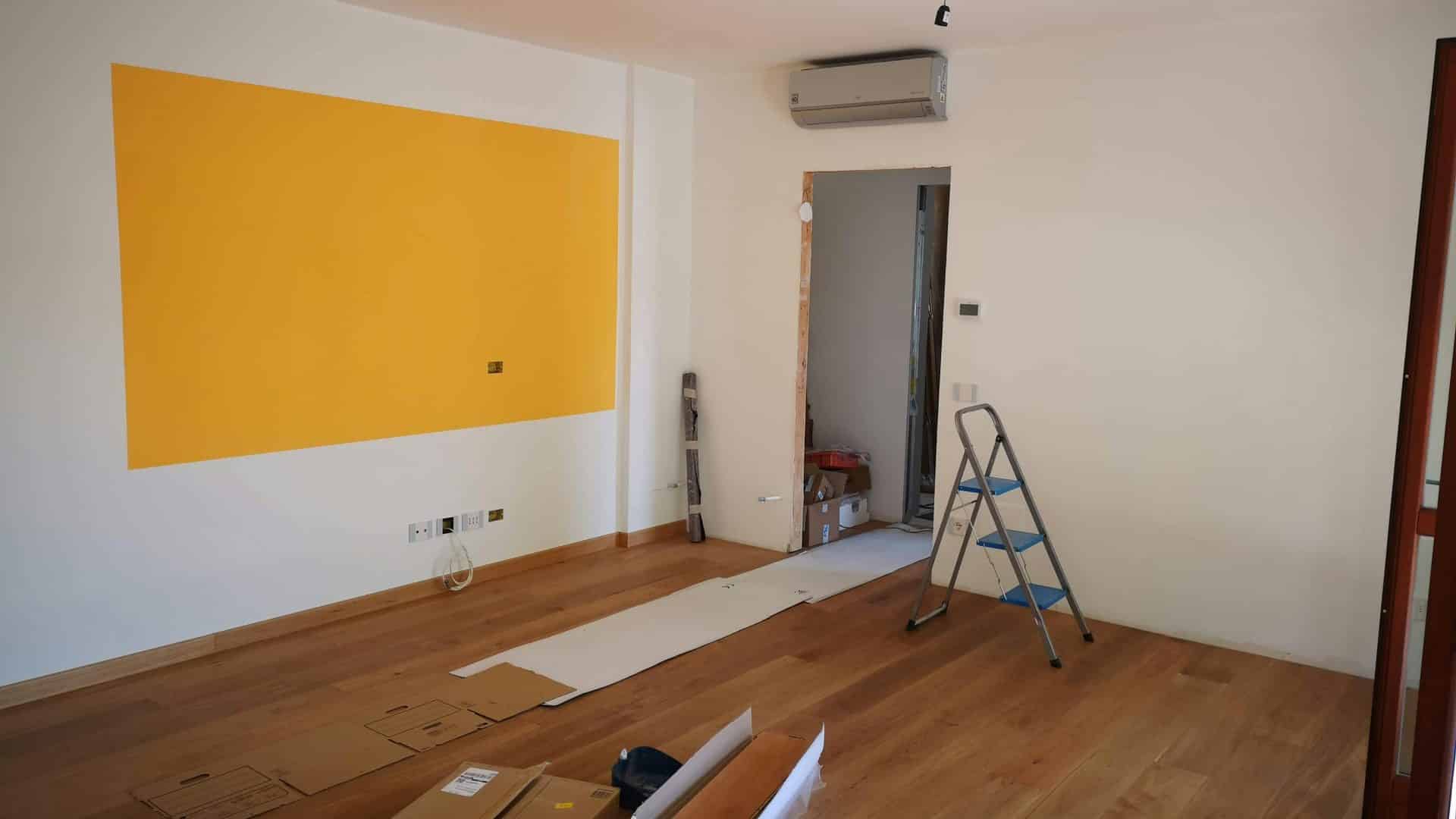Understanding Ground 6: Eviction for Substantial Works or Redevelopment
29th April 2025

Ground 6 of the Housing Act 1988 provides landlords with a legal basis to regain possession of a property if they intend to carry out substantial redevelopment or refurbishment that would require vacant possession. It is a mandatory ground for possession, meaning that if the landlord can prove the conditions are met, the court must grant possession.
However, using Ground 6 comes with strict requirements and should not be taken lightly.
Key Points:
-
Ground 6 applies when the landlord needs possession of the property because significant building works are planned.
-
The work must be so extensive that the tenant cannot reasonably stay in the property while the work is being carried out.
-
Examples of qualifying works include:
-
Major structural changes
-
Extensive rebuilding
-
Conversions that require the entire property to be vacant
-
-
Minor repairs, cosmetic improvements, or upgrades (like painting or installing a new kitchen) do not qualify.
-
Compensation: If the tenant has lived in the property for at least two years, they are entitled to compensation equivalent to one month’s rent (Shelter England).
-
Notice Period: The landlord must serve the tenant with a minimum of four months’ notice before applying to court, under the current rules as of 2024 (GOV.UK – Guidance on Eviction Notices).
-
Timing: Landlords cannot use Ground 6 if they, or a predecessor in title (previous owner/landlord), purchased the property after the tenancy started, unless the building works were specifically planned at the time of purchase.
Practical Considerations:
-
Strong evidence is needed, such as:
-
Architect’s plans
-
Planning permission documents
-
Building contractor estimates
-
-
Courts will scrutinize Ground 6 claims carefully, as eviction is a serious matter.
-
If uncertain about proceeding under Ground 6, it’s often better to negotiate a commercial agreement with tenants — offering moving expenses or other incentives — to avoid costly disputes (NRLA – National Residential Landlords Association).

The Tenant Shortlist: A New Lettings Trend Landlords Should Know
18th February 2026
For years, rental success was often measured by one simple metric. How many enquiries did a property receive. The more…

Five Quick Fixes to Keep Rental Properties Mould Free in Wet Weather
18th February 2026
You have probably seen the news that it has rained somewhere in the UK every day so far this year….

From Party Pads to Pinterest Kitchens: What Student Tenant Behaviours Have Shifted
18th February 2026
Forget Beer Fridges. Today’s Tenants Want Kitchen Islands. The rental market has not just shifted in price and regulation. Tenant…